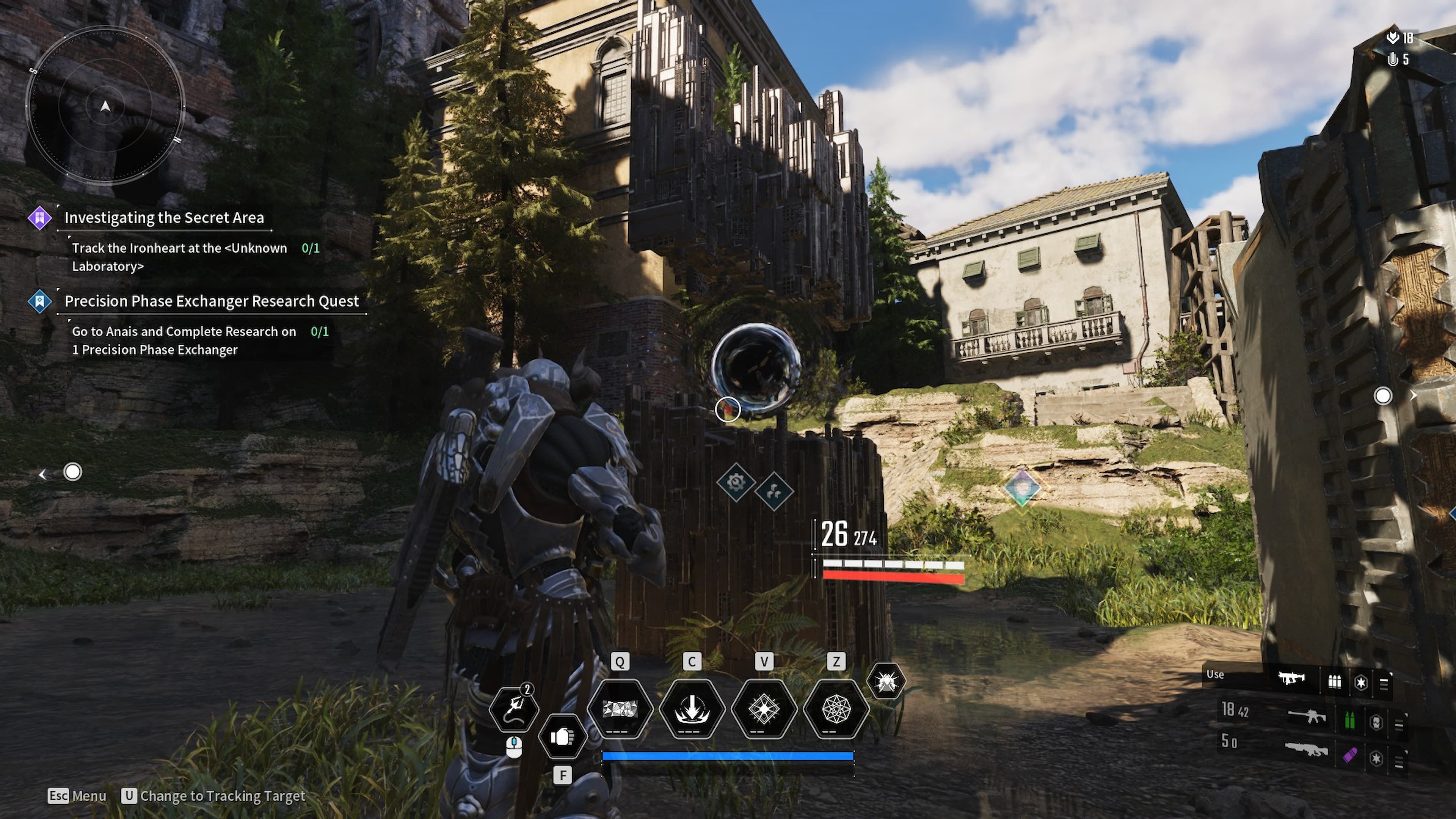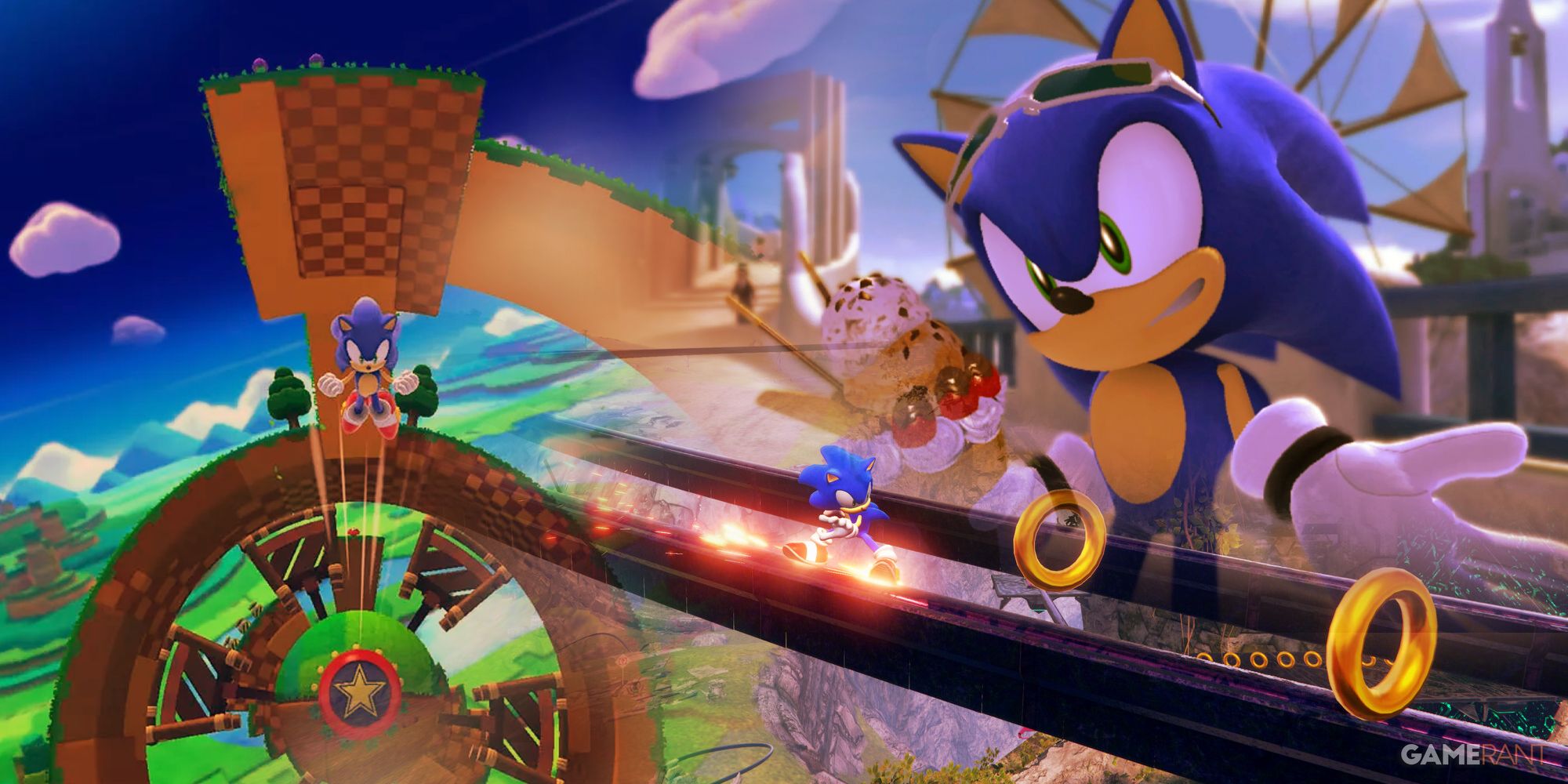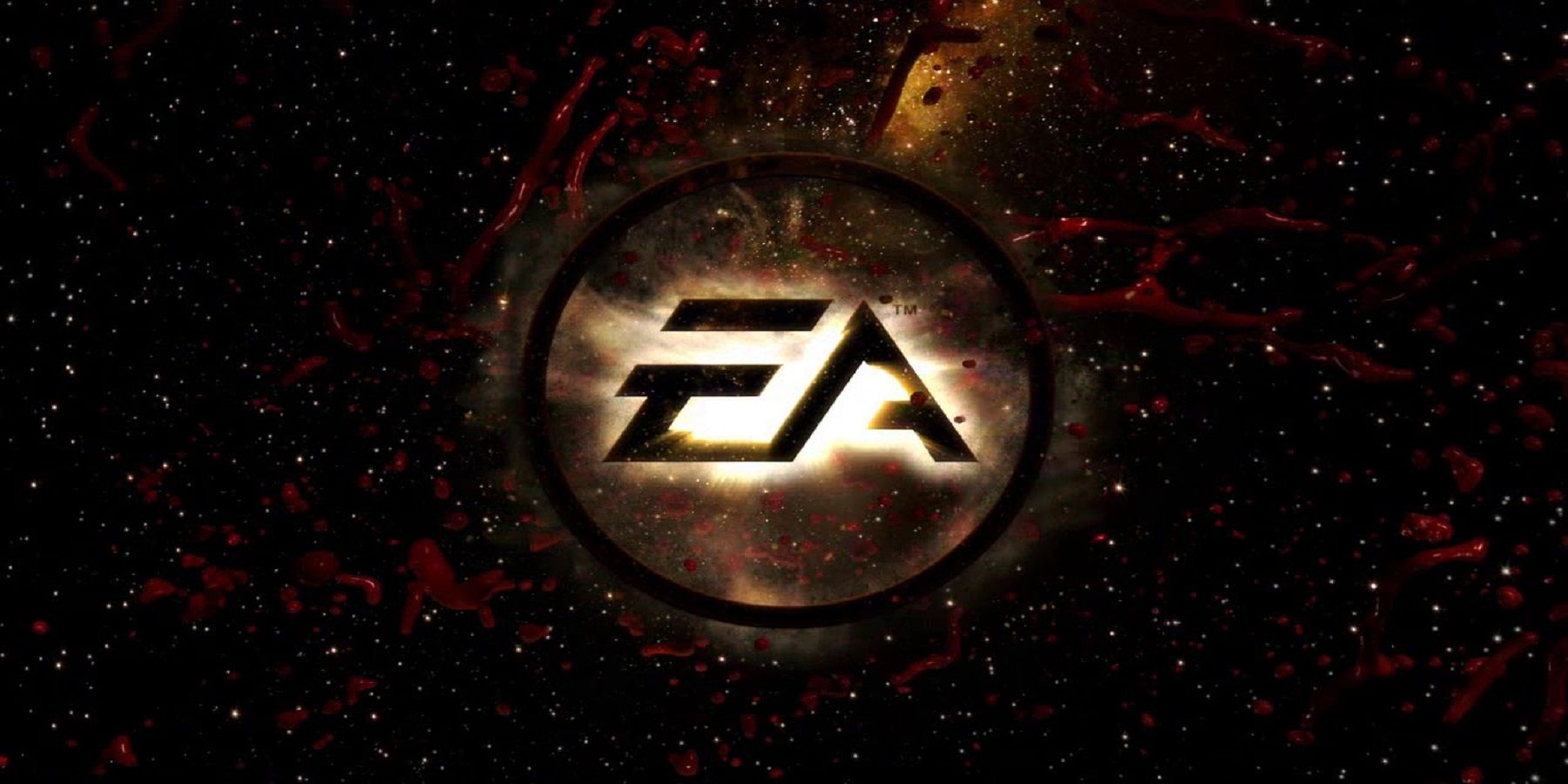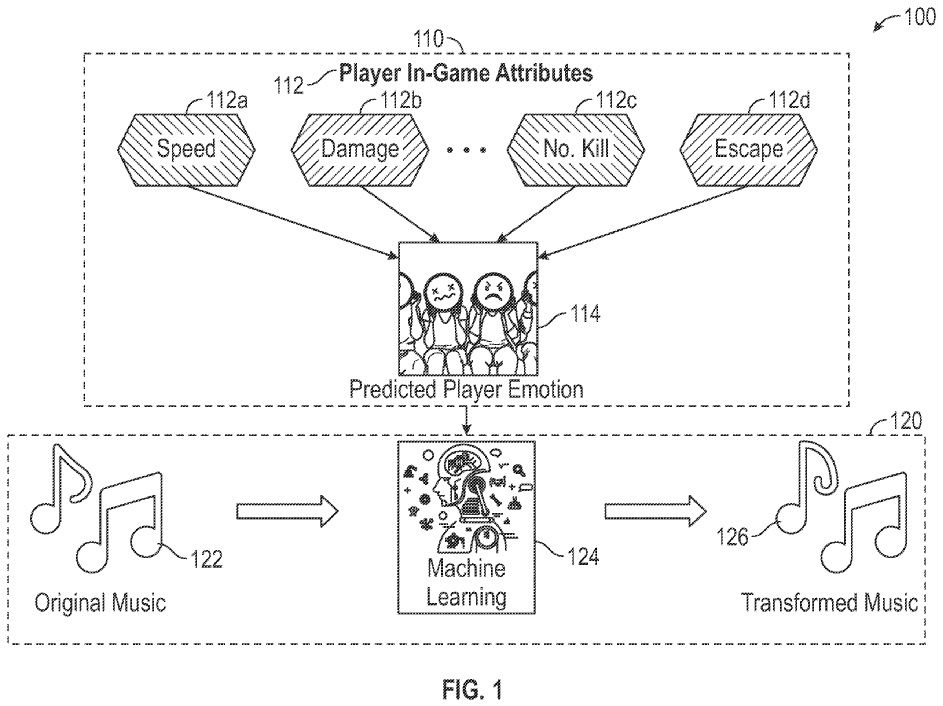As EA continues to come up with new ways to engage gamers in their favorite titles, a fresh patent describes music that changes to reflect a player's emotions. Music has been a prominent feature in video games since the early days, and it continues to evolve with each generation, with the next-gen having the potential for EA scores that adjust depending on how a gamer is feeling.
Many publishers in the gaming industry have ramped up patent filing in recent days, with Sony and EA among the prominent names to hint at the future of video games spotlighted by the necessary paperwork. Gaming companies are like any other in filing patents to improve their products, with some of the latest changes involving a Sony AI that could assist with age-restricted content, Turtle Beach looking into voice scrambling, and EA optimizing facial models and animations. On top of the changes to the faces of its characters and their animations, EA is looking to effectively change in-game music to match players' emotions to further immerse them into virtual experiences.
According to the recently filed EA patent focused on adjusting music based on a player's emotion, it will utilize automatic optical character recognition processes to determine what emotions a player is feeling. The patent that joins some other ones from EA will gauge this information by observing in-game attributes that could be affected by emotion like character damage taken, enemies defeated, and overall gameplay speed. Once it works at the level EA is anticipating, this system would be able to adapt the sound of an original score that may be originally intended to invoke sad emotions into one that is focused on happiness or anger.
This fresh EA concept learns over time as a player progresses through a game, using the processor and memory with decoders and encoders to ensure that the system properly represents a player. Because the EA patent focuses on original game music versus special scores for certain emotions, it's likely that the tone or speed of a song will change, while the overall composition of it will stay intact as the composer intended. Given that video game composers like Dead Space's Trevor Gureckis are often considering the emotion that they're trying to invoke, the aforementioned patent could allow them to focus strictly on the art rather than what a gamer should feel when hearing it.
Similar to how the patent will seemingly gather data, narrative-driven RPGs may have an easier time discovering a players' emotions due to possible responses they may have to various NPCs. EA is known for a plethora of genres, primarily sports games like NHL and Madden, but the patent may also improve more immersive titles such as Dragon Age: Dreadwolf, Star Wars Jedi: Survivor, or the future Mass Effect.





